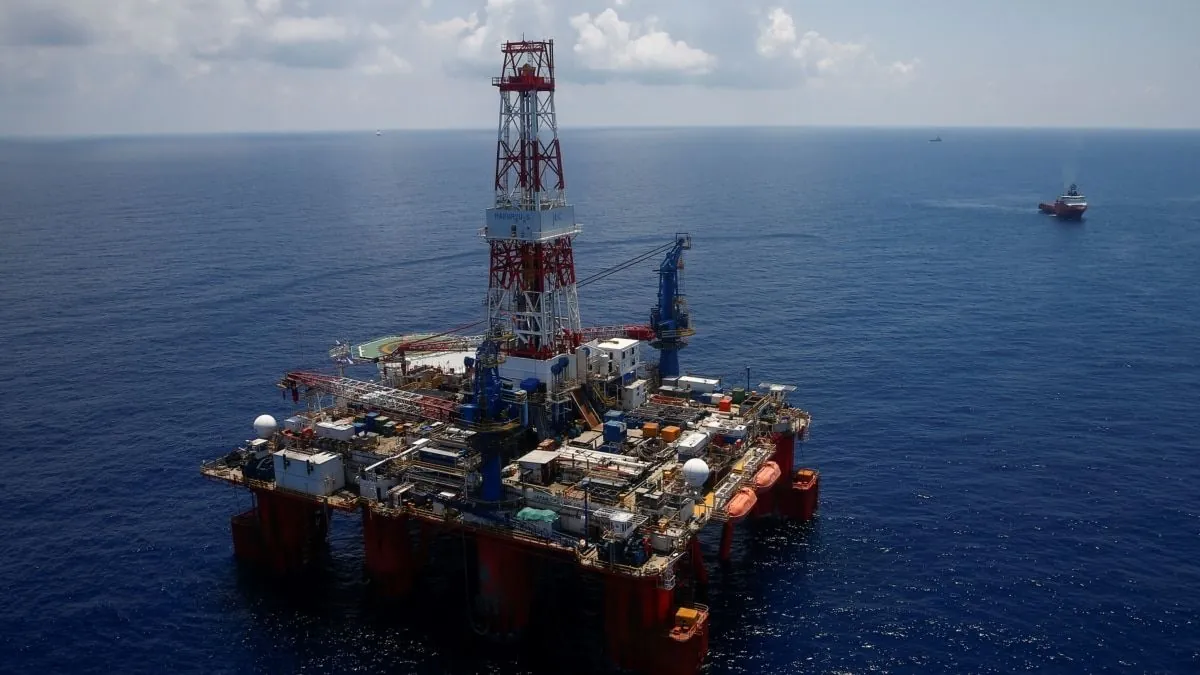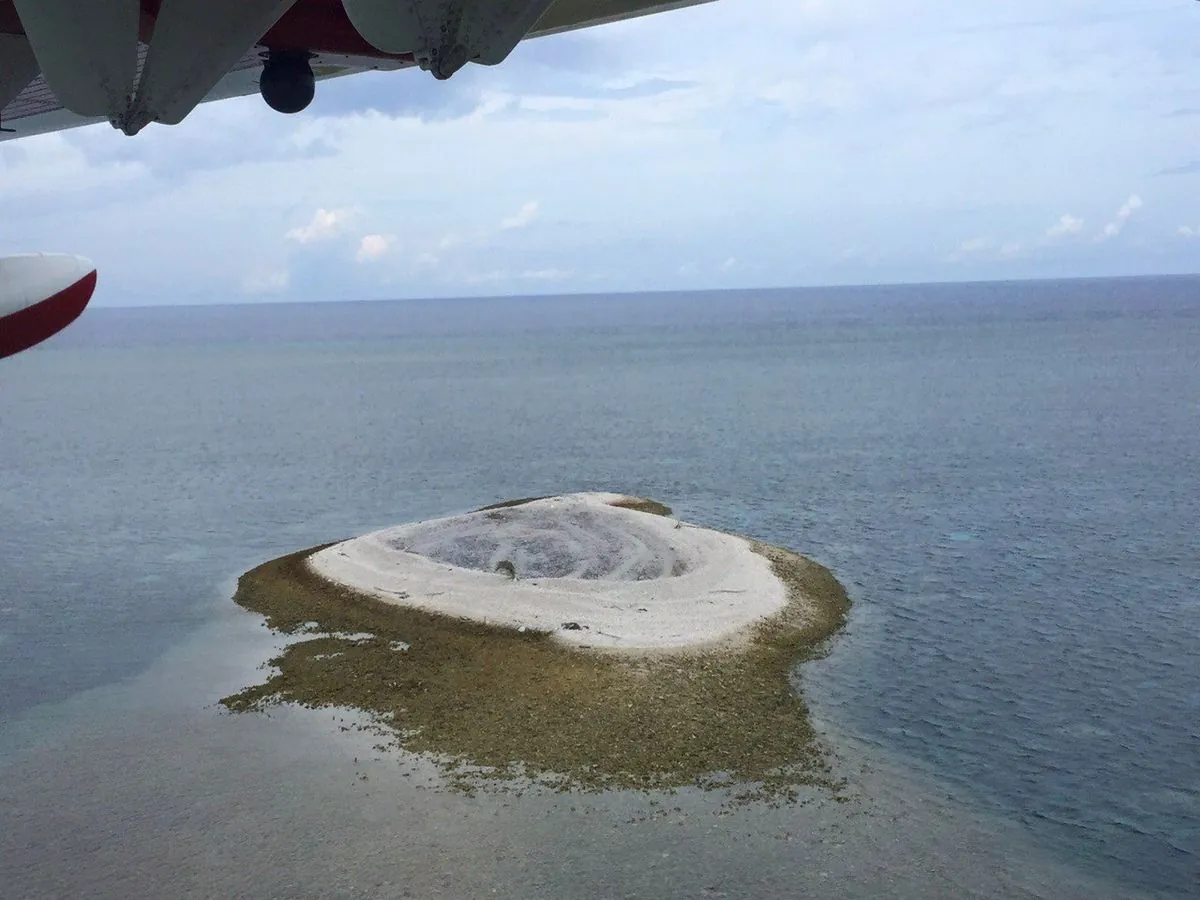Malaysia Stands Firm on South China Sea Exploration Despite Chinese Protest
Malaysia's Prime Minister Anwar Ibrahim asserts the country's right to conduct oil and gas exploration in the South China Sea, rejecting China's demands to halt activities in disputed waters.

Anwar Ibrahim, Malaysia's Prime Minister, has firmly stated that the country will not yield to China's demands to cease its oil and gas exploration activities in the South China Sea. This declaration comes in response to a diplomatic protest note sent by China to the Malaysian Embassy in Beijing in February 2024, accusing Malaysia of infringing on Chinese territory.
The South China Sea, covering approximately 3.5 million square kilometers, has been a source of ongoing territorial disputes among several nations. Malaysia maintains that its exploration activities are within its rightful waters and essential for securing economic advantages.
"We have never intended in any way to be intentionally provocative, unnecessarily hostile. China is a great friend, but of course we have to operate in our waters and secure economic advantage, including drilling for oil in our territory."
The diplomatic tension arose from Malaysia's activities near the Luconia Shoals, a large area of reefs and shoals in the South China Sea. China's protest note, which was leaked and published by a Filipino media outlet on August 29, 2024, reportedly demanded that Malaysia immediately halt all activities in the oil-rich maritime area off Sarawak state on Borneo island.
China's claims in the South China Sea are based on its controversial "10-dash line" map, which covers approximately 90% of the sea. However, this claim has been disputed by several Southeast Asian nations and was ruled against by the Permanent Court of Arbitration in 2016.
The South China Sea is not only rich in natural resources but also serves as a critical shipping route, with about one-third of global shipping passing through its waters. The first oil discovery in the region was made in 1970 off the coast of Sarawak, highlighting its economic importance to Malaysia.
Despite the ongoing dispute, Malaysia has chosen to address the issue through diplomatic channels, unlike some of its neighbors who have had more public confrontations with China. This approach is partly motivated by the strong economic ties between the two nations, with China being Malaysia's top trading partner since 2009.
Anwar Ibrahim emphasized the need for mutual understanding and dialogue, stating, "We have said that we will not transgress other people's borders. They know our position ... They have claimed that we are infringing on their territory. That is not the case. We say no, it is our territory. But if they continue with the dispute, then okay, we will have to listen, and they will have to listen."
The Association of Southeast Asian Nations (ASEAN) has been working on a Code of Conduct for the South China Sea to manage such disputes peacefully. Meanwhile, the United States has conducted "freedom of navigation" operations in the area, adding another layer of complexity to the geopolitical situation.
As tensions persist, the South China Sea remains a focal point of international attention, not only for its strategic importance but also for its rich biodiversity, hosting over 3,000 species of fish.

Malaysia's stance on this issue reflects the delicate balance many Southeast Asian nations must maintain between asserting their territorial rights and preserving crucial economic relationships with China. As the situation develops, the international community will be watching closely to see how this complex dispute unfolds in one of the world's most contested maritime regions.


































